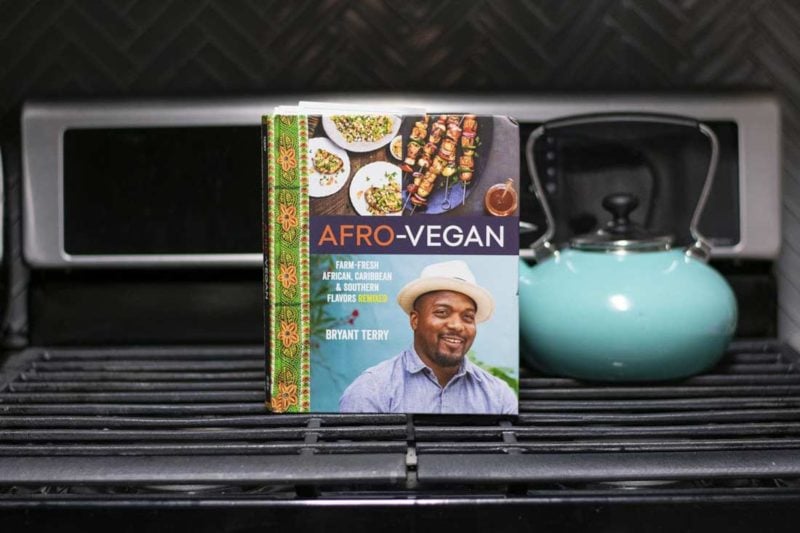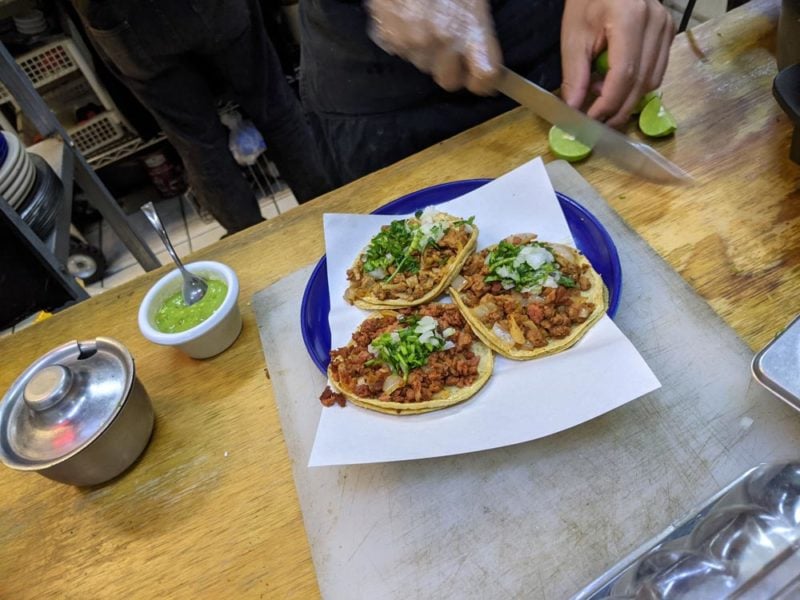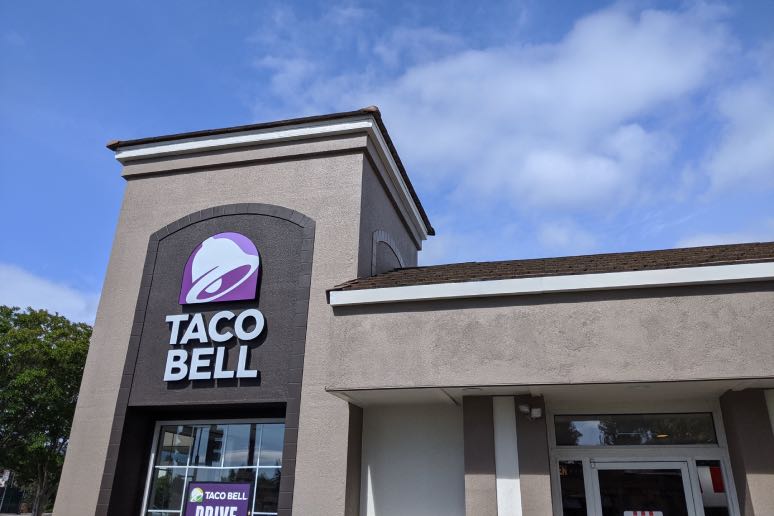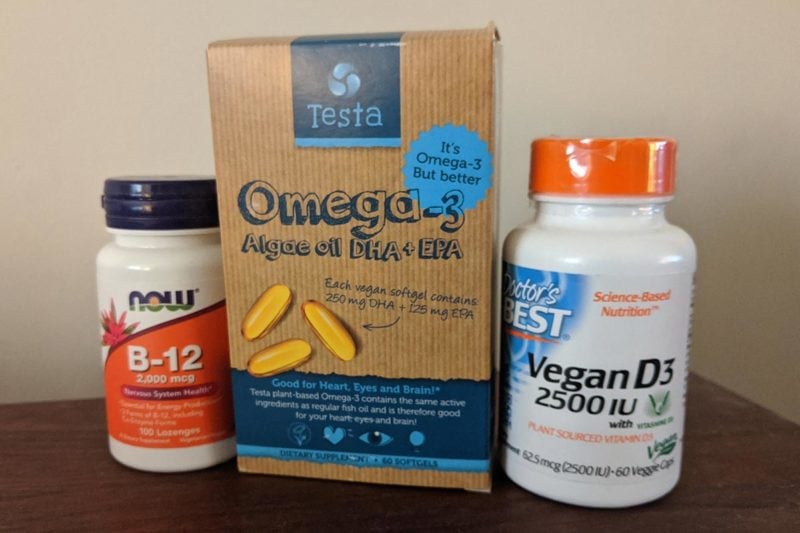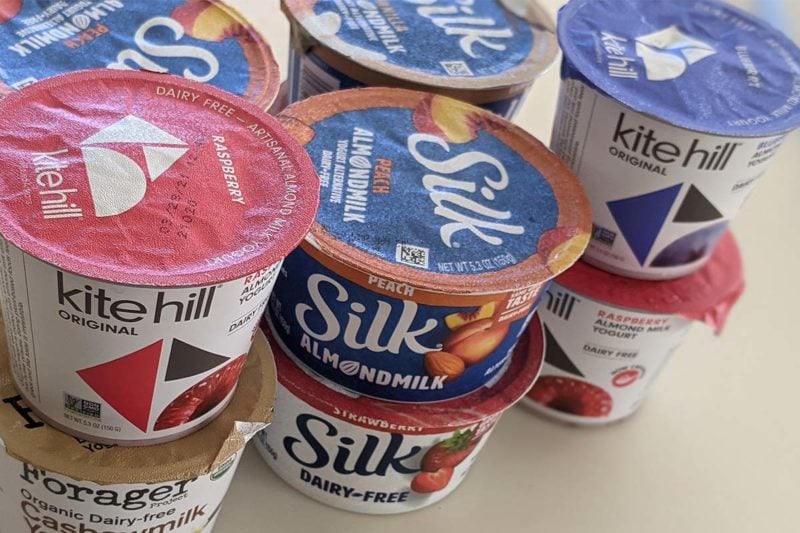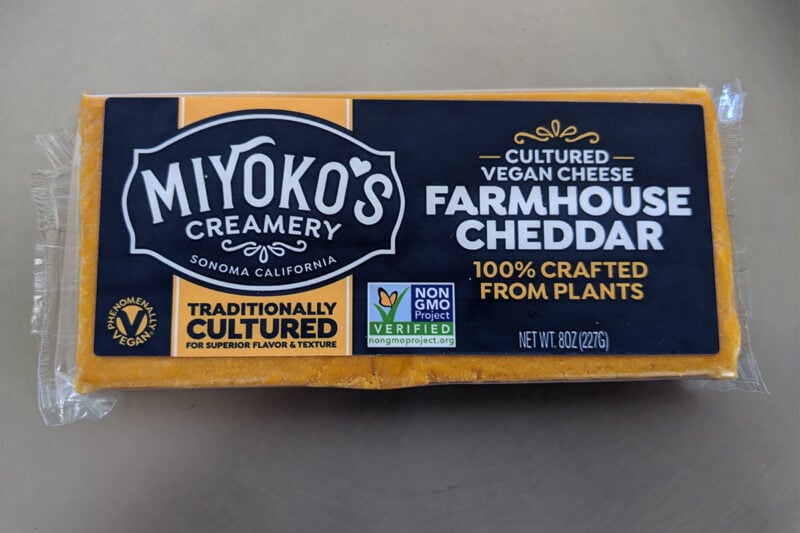I’ve been writing about factory farming for more than fifteen years, and in all likelihood today marks the single biggest step forward for farmed animal welfare in American history. Egg-laying hens—by my reckoning the most abused of all farmed animals—are at long last on the brink of being granted a measure of protection, as the stage has been set for a federal law that will criminalize cruelties that until today were standard industry practices.
Today’s agreement will essentially double the space given to each caged hen, with important enrichments that researchers agree will markedly improve physical and psychological well-being. Levels of airborne ammonia will be capped. “Forced molting” through starvation will be banned. And all eggs sold in the United States, whether domestic or imported, will be subject to these requirements. Standards for killing “spent” hens will be enacted, and this is for an industry that’s been known to throw entire sheds full of hens into woodchippers.
While these welfare improvements are significant, they still fall short in key ways. Beak searing, the grinding alive of male chicks, and a complete lack of individualized veterinary care go conspicuously unaddressed under this new agreement.
Put another way, conditions for layer hens were hellish yesterday, they’ll be hellish tomorrow, and they’ll remain hellish ten years from now. But factory farming contains many circles of hell, and there can be no doubting that many of the most excruciating torments suffered by today’s hens are now scheduled be phased out.
Today’s announcement is a result of an agreement hammered out this week between the Humane Society of the United States (HSUS) and the United Egg Producers. To anyone who has studied the recent history of the animal protection movement, it’s clear that these two organizations don’t send each other Christmas cards. So it’s worthwhile to look into what motivated them to put aside their differences and reach an agreement on this particular issue.
No doubt the decisive moment came nearly three years ago when California voters passed Proposition 2, which will outlaw the production of eggs from battery-caged hens in the state by 2015. Similar victories have followed: Michigan committed in 2009 to ban battery cages, while last year Ohio enacted a moratorium against the construction of new battery egg facilities. More recently, HSUS announced plans to launch ballot initiatives that would ban battery cages in Washington State and Oregon. These plans have been put on hold with today’s agreement.
It’s easy to see why HSUS agreed to this deal. Oregon and Washington together were certain to require many millions of dollars, plus countless employee and volunteer hours. And victory was hardly guaranteed. Worse, even if a victory was won, there would have been no way to continue this momentum. Few of the remaining top egg-producing states allow for ballot initiatives, so egg farms in these states were largely untouchable by HSUS campaigns.
It’s likewise easy to understand why the egg industry has agreed to this deal. They seek an unfettered national market for their product—not a patchwork quilt of state-by-state regulations, where an egg that could be freely sold in Nevada could not be shipped to California. Every industry craves certainty and simplicity. An egg producer’s nightmare scenario is to spend millions constructing an egg farm, and then see that construction rendered worthless by a successful ballot initiative.
So both sides got a lot of what they want, and more than 250 million chickens each year have come out ahead. And there’s every reason to think that this is only the beginning of the road when it comes to reducing egg industry cruelties. The ultimate arbiter of what the egg industry can sell is not government, but the consumer. And, year by year, omnivores are becoming increasingly informed about, and sensitive to, the ethical dimension of animal agribusiness. With today’s agreement, caged eggs will for the first time be labeled as such—so, at long last, it won’t just be cage-free eggs that carry meaningful welfare labeling.
While it’s true that, under the new guidelines, a perfectly run caged egg farm will look far less hellish than today’s battery cage operations, the reality is that this is an industry that cuts corners at every turn. They’ll find a way to blow it when it comes to their treatment of hens, and when they do you can be sure that a group like Mercy For Animals will manage to be there, video cameras in hand.
While today’s agreement may suspend HSUS’ ballot initiatives against battery cages, efforts to convince corporate and university cafeterias to embrace cage-free eggs will surely only intensify. What’s more, this agreement significantly closes the cost-gap between caged eggs and cage-free, since cage eggs will be significantly more expensive than they are today. No longer will a company be able to claim that cage-free eggs cost 80 percent more than conventional eggs, and use this as an excuse not to switch.
Finally, today’s agreement establishes key precedent—and animal rights advocacy is all about creating precedent. For the first time in 30 years, we will be seeing a federal law enacted that will expand protection of farmed animals. Moreover, until now, chickens used in food production were exempted from all federal anti-cruelty laws.
While the animal protection movement’s recent efforts against battery cages have been remarkably successful, it’s important to understand that the opportunity cost has been tremendous. The factory farming campaign at HSUS involves just small group of full-time employees, most of whom have directed the bulk of their time lately to the plight of laying hens. With today’s agreement, expect those energies to be redirected to remedy the egregious cruelties inflicted onto other farmed animals.
So, while today marks a promising day for laying hens, it also provides hope for all the animals in the broiler, veal, pork, and other animal agribusiness industries. For too long, these industries have been able to abuse their animals however they want, but that era of non-accountability is finally drawing to a close. Link.





